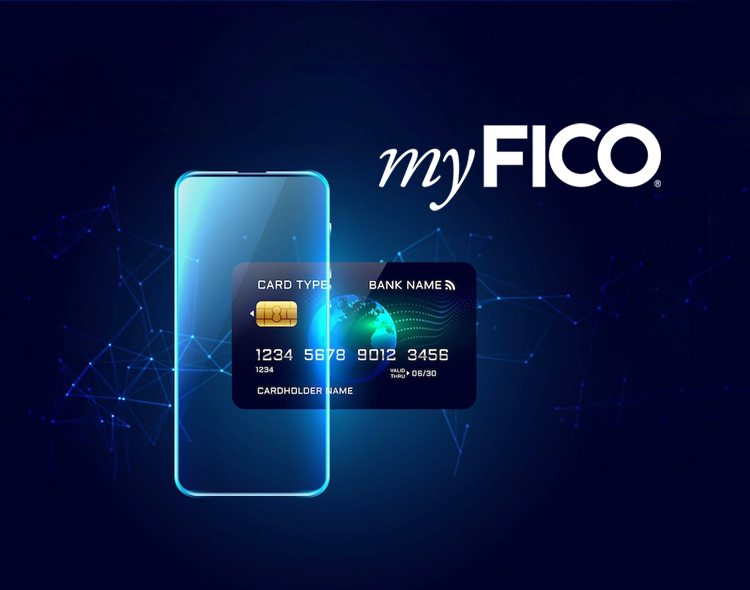As college-bound students prepare to head to campus, many will soon start considering their first credit card. Credit cards are widely accepted and more convenient than carrying cash. Students can even use their phone’s digital wallet instead of carrying a physical credit card. Credit cards are helpful for emergencies, like needing to have a car towed. Plus, they’re a good way for students to start building credit, which will eventually be beneficial for renting an apartment or buying a car.
While there are plenty of good reasons for college-bound students to get a credit card, here are some important things to know first, from myFICO.
Latest Fintech News: GitHub for Startups Collaborates With Chainlink Labs To Support Chainlink BUILD Projects
You’ll need your own income or a cosigner to get one.
If you’re a student under age 21, there are certain requirements you need to meet to get a credit card. You have to show that you can repay what you spend, either through your own income or assets. Otherwise, you can apply for a credit card with a cosigner who is over 21. Another option is to request being added as an authorized user on a parent or other family member’s credit card. As an authorized user, you can make purchases, but you won’t be able to make changes to the account itself.
What you spend has to be paid back.
When you use a credit card, you’re not just making a purchase—you’re actually borrowing money. The bank allows you to buy things now and pay back the money later, as long as you make a minimum monthly payment. It’s important to spend responsibly, so you can afford these payments. Like any other loan, the longer it takes to repay what you owe, the more you’ll pay in interest. You can avoid interest completely by paying your full balance each month.
There’s a limit to what you can buy.
Credit cards have a maximum limit on what you can spend, known as your credit limit. This is the highest amount you can owe on your card at any given time. For example, if your credit limit is $300, you can’t have a balance over that amount. You can increase the balance available for future purchases by paying off your balance. If you handle your spending and payments responsibly, your credit card issuer may raise your credit limit.
How you use your credit card affects your future.
Credit cards play a significant role in building your credit history. When you use a credit card, your account activity is typically reported to at least one of the major credit bureaus on a monthly basis. The credit bureaus keep track of your credit history, which is then used to calculate your FICO® Scores. Your FICO Scores will play a role when you apply for future credit cards or loans. It helps credit card issuers and lenders determine whether to approve your applications.
Due dates are serious.
Similar to how you can lose points for turning in school assignments late, making your payment after the due date can result in extra fees. The penalties for late payments get more severe the longer you wait. Once you’re 30 days late, the late payment is recorded on your credit report. If you reach 60 days late, your interest rate will go up to the maximum allowed rate. Finally, if you’re 180 days late, you’ll lose the account and the option to make minimum monthly payments.
Latest Fintech News: IncredibleBank Launches Spanish Website and Mobile Banking Application
Thieves want your credit card information.
If your credit card or account information is stolen, thieves can make purchases on your account. Fortunately, you typically won’t be responsible for authorized purchases—most credit card issuers have zero fraud liability. However, you have to track and report fraud to your credit card issuers to get it corrected. Keep your credit card safe and only use trusted websites when you’re shopping online.
Rewards are nice, but not worth the debt.
Having a credit card that offers rewards gives you the opportunity to earn cash or points on all your purchases. You can use your rewards for cool things like gift cards, plane tickets, or even to reduce your balance. It’s important to avoid overspending just to accumulate more rewards. No reward is worth falling into debt or having to pay interest charges.
Bottom Line: Responsibility Pays Off
Making timely payments and keeping a low balance are two of the most important habits for college-bound students to build. It may be tempting to open several credit cards for more available credit, but taking on too much credit at once can be dangerous. Stick to just one credit card to start. That way, you have a chance to establish responsible credit habits that will pay off in the long run.
Latest Fintech News: Binance Announces Kristen Hecht as its New Deputy Chief Compliance and Global Money Laundering Reporting Officer
[To share your insights with us, please write to sghosh@martechseries.com]
